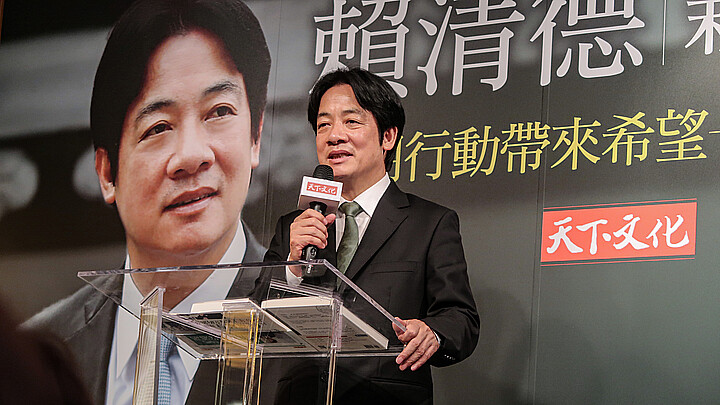Politics
U.S. and Taiwan to start formal talks to boost trade
China reacted negatively to the new trade initiative between Taiwan and the U.S.
August 19, 2022 9:11am
Updated: August 19, 2022 10:08am
The Biden administration announced on Thursday that it would engage in formal talks with Taiwan under a new trade initiative that would bring “economically meaningful outcomes.”
Despite having no formal diplomatic ties, Washington and Taipei announced a U.S.-Taiwan trade initiative in June. The U.S.-Taiwan Initiative on 21st Century Trade will cover 11 areas, including "trade facilitation, regulatory practices, agriculture, anti-corruption, supporting small and medium-sized enterprises, digital trade, labor rights, the environment, standards, state-owned enterprises, and non-market practices and policies."
The office of the U.S. Trade Representative said both countries had “reached a consensus on the negotiating mandate,” adding that the first round of talks is expected to take place early this fall.
"We plan to pursue an ambitious schedule for achieving high-standard commitments and meaningful outcomes covering the eleven trade areas in the negotiating mandate that will help build a fairer, more prosperous, and resilient 21st-century economy," Deputy United States Trade Representative Sarah Bianchi said in a statement.
The negotiating mandate released alongside the announcement shows that the two parties have set a robust agenda for the first round of talks, in which issues such as trade, regulatory prices, and discriminatory barriers will be discussed.
Another main topic on the table will be China’s economic coercion, by which Beijing blocks countries with which it is in dispute with, such as Taiwan.
“Its economic coercion targets are not just the United States or Taiwan, it's done to a lot of countries. Its harm to the global economic and trade order is great," said Taiwan’s top trade negotiator John Deng.
China reacted negatively to the new trade initiative between Taiwan and the U.S., saying that it opposed any other country signing trade deals with the island, which it considers to be a province of mainland China.
"China will take resolute measures to uphold its national sovereignty and territorial integrity. We advise the United States to stop making misjudgments," said Foreign Ministry spokesperson Wang Wenbin.









